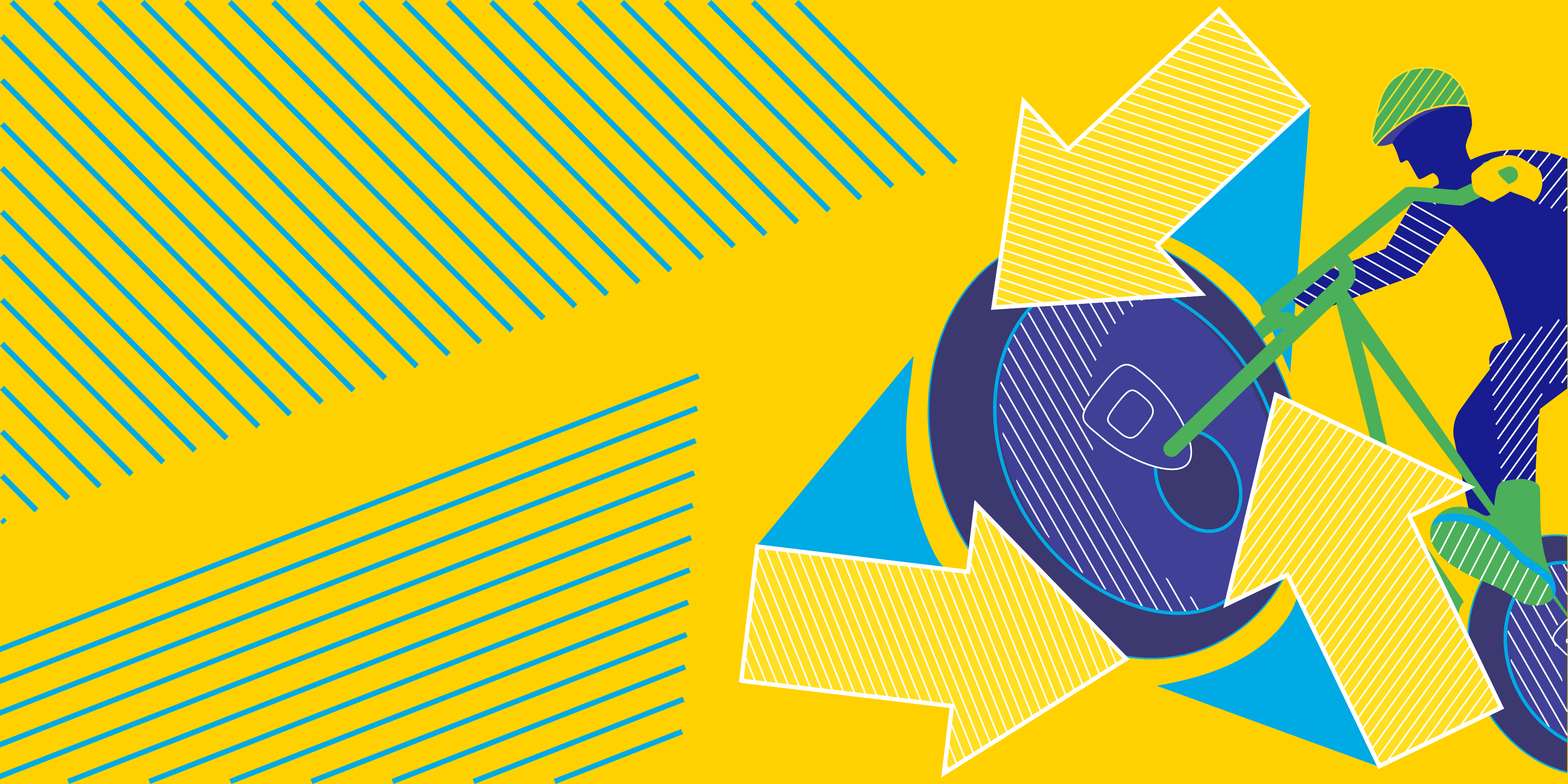South Africa’s waste management practices have laid a solid foundation of compliance and innovation, addressing the challenges of responsible waste disposal. However, reducing landfill dependency and shifting toward a circular economy remain critical next steps. By viewing waste as a resource, South Africa can redefine its waste landscape, ensuring a sustainable future for both the environment and the economy.
This transition requires integrating cutting-edge technologies, leveraging existing systems, and fostering collaboration among stakeholders.
The Foundation of Responsible Waste Management
South Africa’s waste management system has prioritized compliance, safety, and efficiency. Engineered landfill sites, like Interwaste’s Klinkerstene landfill in Gauteng, exemplify these principles by adhering to strict environmental standards and embracing innovative practices. The facility includes state-of-the-art leachate management systems that minimize environmental risks while optimizing landfill operations.
Pioneering Solutions for a Circular Economy
South Africa is already seeing progress through initiatives that transform waste into valuable resources:
- Effluent Treatment and Resource Recovery
Interwaste’s Effluent Treatment Plant (ETP) can process over 43 million litres of industrial effluent annually, recovering up to 90% as clean, reusable water. This innovative approach not only meets regulatory standards but also supports sustainability by reducing the need for freshwater extraction. - Plastic Recycling Advancements
Industry initiatives like Polyco are transforming plastic waste into valuable raw materials. These programs promote eco-design and support innovative recovery methods, significantly increasing South Africa’s recycling rates and reducing landfill contributions. - E-Waste Recycling
AST Recycling is one of South Africa’s leading companies specializing in e-waste recycling and precious metal recovery. By collecting and processing e-waste, they prevent hazardous materials from reaching landfills while recovering valuable resources such as gold, platinum, and copper. This initiative contributes to sustainability and creates economic opportunities.
Challenges Hindering Progress
Despite these advancements, several challenges remain:
- Infrastructure Gaps: Many rural and informal settlements still lack adequate waste collection and recycling infrastructure, perpetuating illegal dumping.
- Public Awareness: Limited understanding of waste separation practices among consumers hampers recycling efforts.
- Policy Enforcement: Inconsistent implementation of waste management regulations across regions slows systemic change.
Addressing these barriers requires stronger collaboration among government, businesses, and communities to scale existing solutions. While engineered landfills like Klinkerstene play an essential role in responsible waste disposal, the goal is to minimize reliance on these facilities. Circular economy practices, such as industrial symbiosis, material recovery, and product redesign, offer sustainable alternatives that benefit both the environment and the economy.
Transforming Waste into Opportunity
South Africa has the tools, technology, and talent to redefine its waste management systems. By focusing on innovative solutions like the Interwaste ETP and leveraging responsible landfill practices like those at Klinkerstene, the country is well-positioned to lead the way toward a circular economy.
Waste is no longer an endpoint – it’s the beginning of new opportunities. Together, we can build a future where waste drives sustainability, fosters economic growth, and protects our planet for generations to come.


SUBMIT YOUR COMMENT